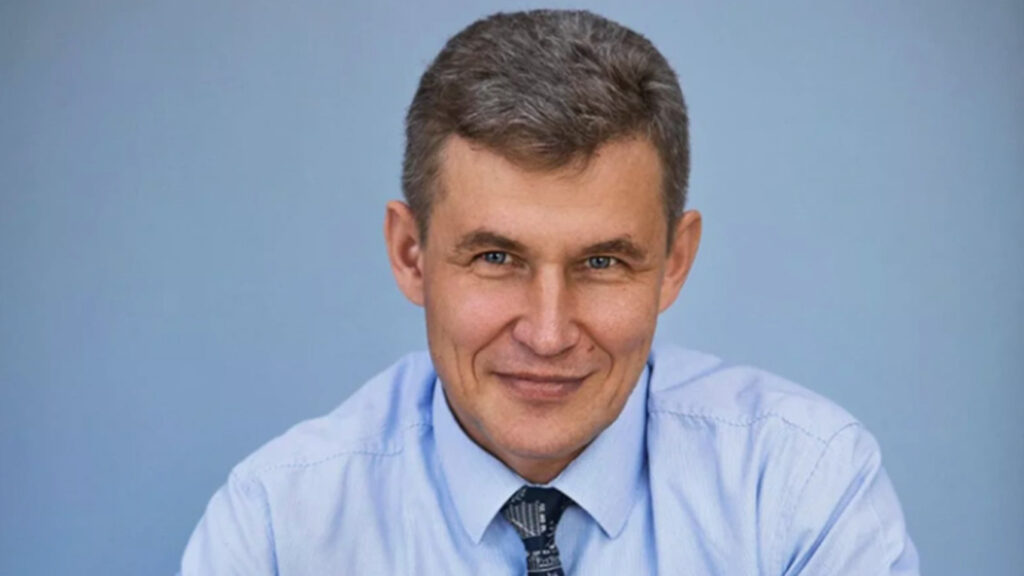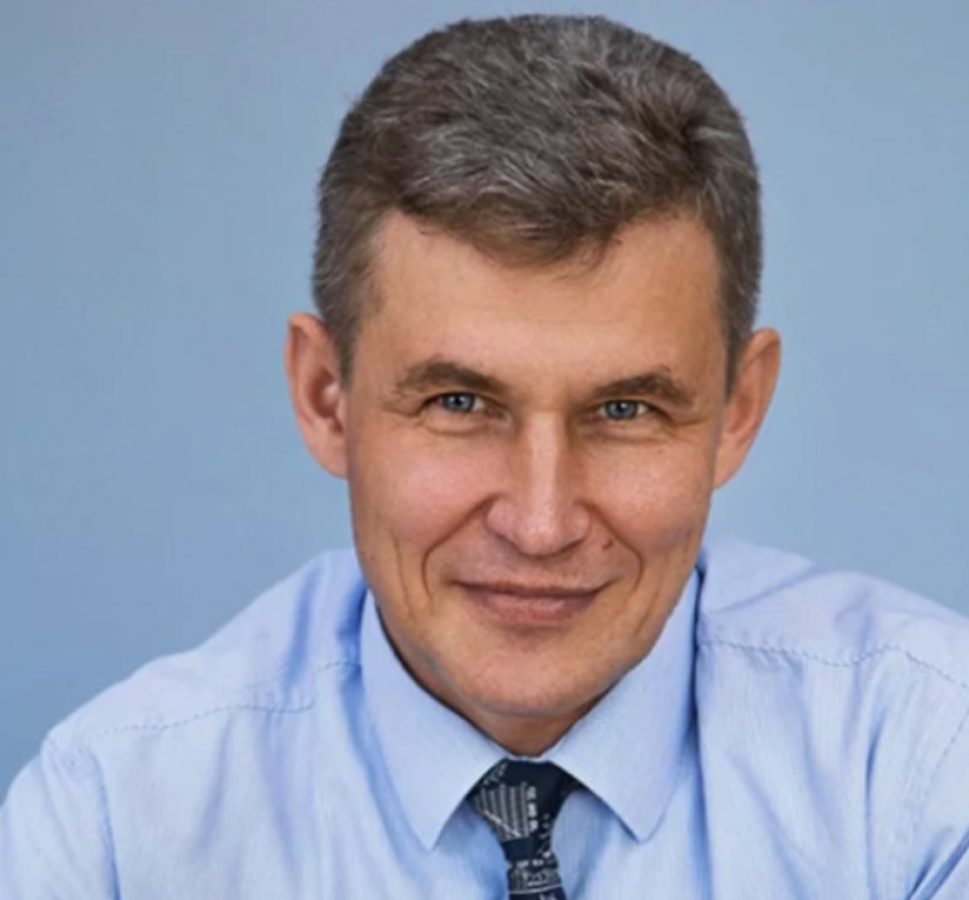
Alexander Shiplyuk, the latest member of a Russian team that worked on hypersonic weapons technology to be prosecuted, is given 15 years for sharing state secrets.
A Russian court has convicted a physicist who worked on hypersonic weapons technology of treason.
The Moscow court issued the verdict against Alexander Shiplyuk in a closed-door trial on Tuesday, ordering him to serve 15 years in a penal colony, according to Russia’s TASS news agency. He is the latest member of his team that worked on the military technology to be prosecuted.
The court also fined Shiplyuk 500,000 rubles ($5,650) and sentenced him to an additional 1.5 years of restricted freedom,” said TASS.
Few details regarding the charges brought against Shiplyuk, who headed the Khristianovich Institute of Theoretical and Applied Mechanics in the Siberian city of Novosibirsk, have been revealed.
Russian media reported that he was accused of passing information to foreign officials on hypersonic technology, cutting-edge weapons capable of carrying payloads at up to 10 times the speed of sound to punch through air defence systems.
Citing people “familiar with Shiplyuk’s case,” Reuters news agency reported that he was suspected of sharing secrets at a 2017 scientific conference in China.
The scientist, who had been held in Moscow’s notorious Lefortovo prison since 2022, had reportedly maintained his innocence.
Cloud of suspicion
Shiplyuk is among nearly a dozen scientists to face treason accusations in recent years.
Several from his own facility, which claims to be registered as a part of Russia’s military-industrial complex, have been accused.
One colleague of Shiplyuk, 78-year-old Anatoly Maslov, was sentenced to 14 years in May for treason.
Two US scientists who knew Maslov and Shiplyuk told Reuters last year that the arrested Russians were engaged in one element of the work needed to build a hypersonic missile, a process that also includes the integration of sensors, navigational systems and propulsion.
Russia has billed itself as a world leader in hypersonic missiles. It has used such missiles repeatedly in its war against Ukraine, striking its neighbour’s biggest cities.
Moscow has for years put pressure on scientists and arrested a string of academics. That trend has intensified since it invaded Ukraine in 2022.






